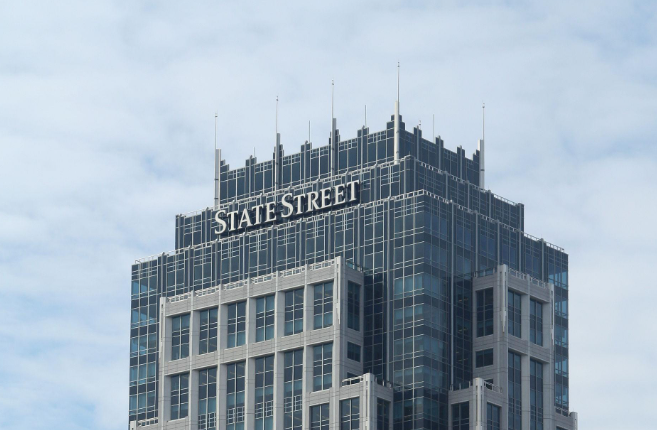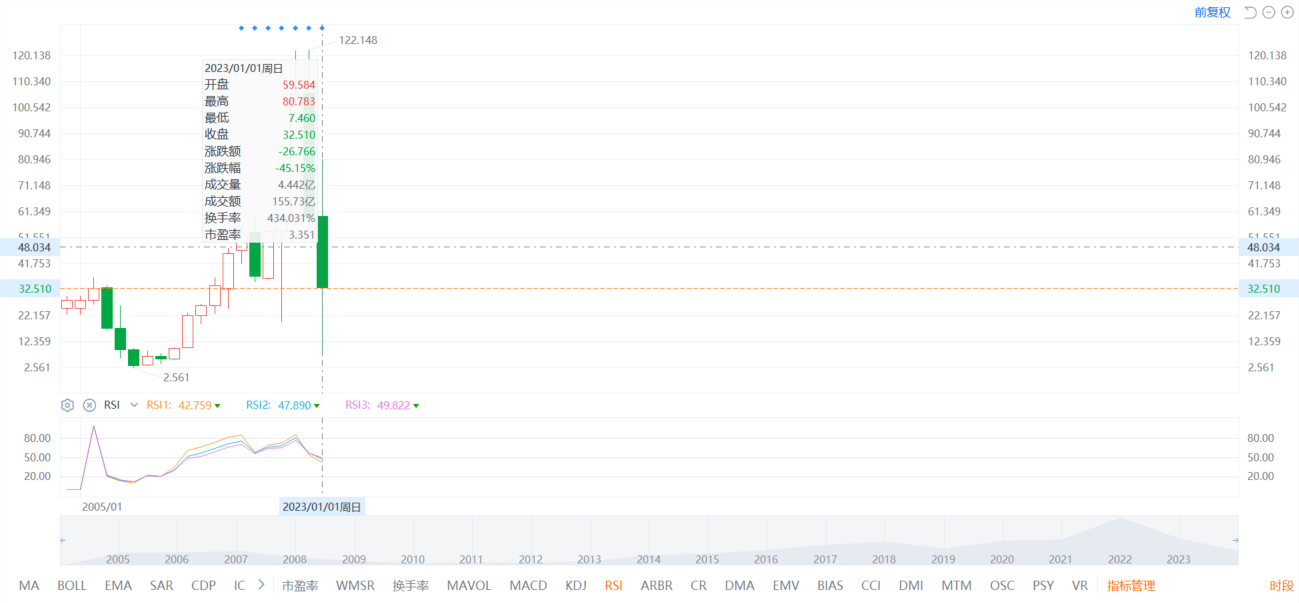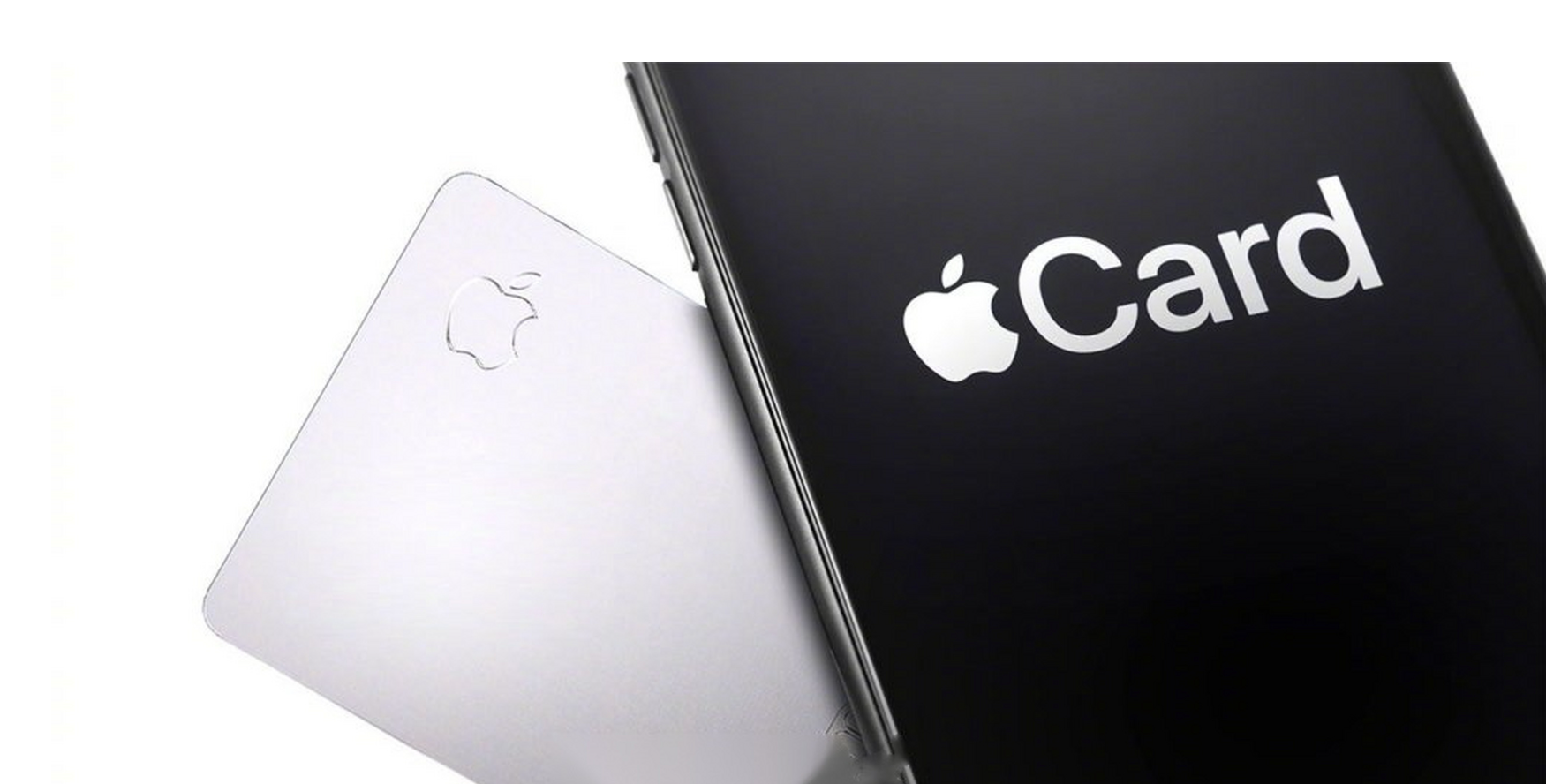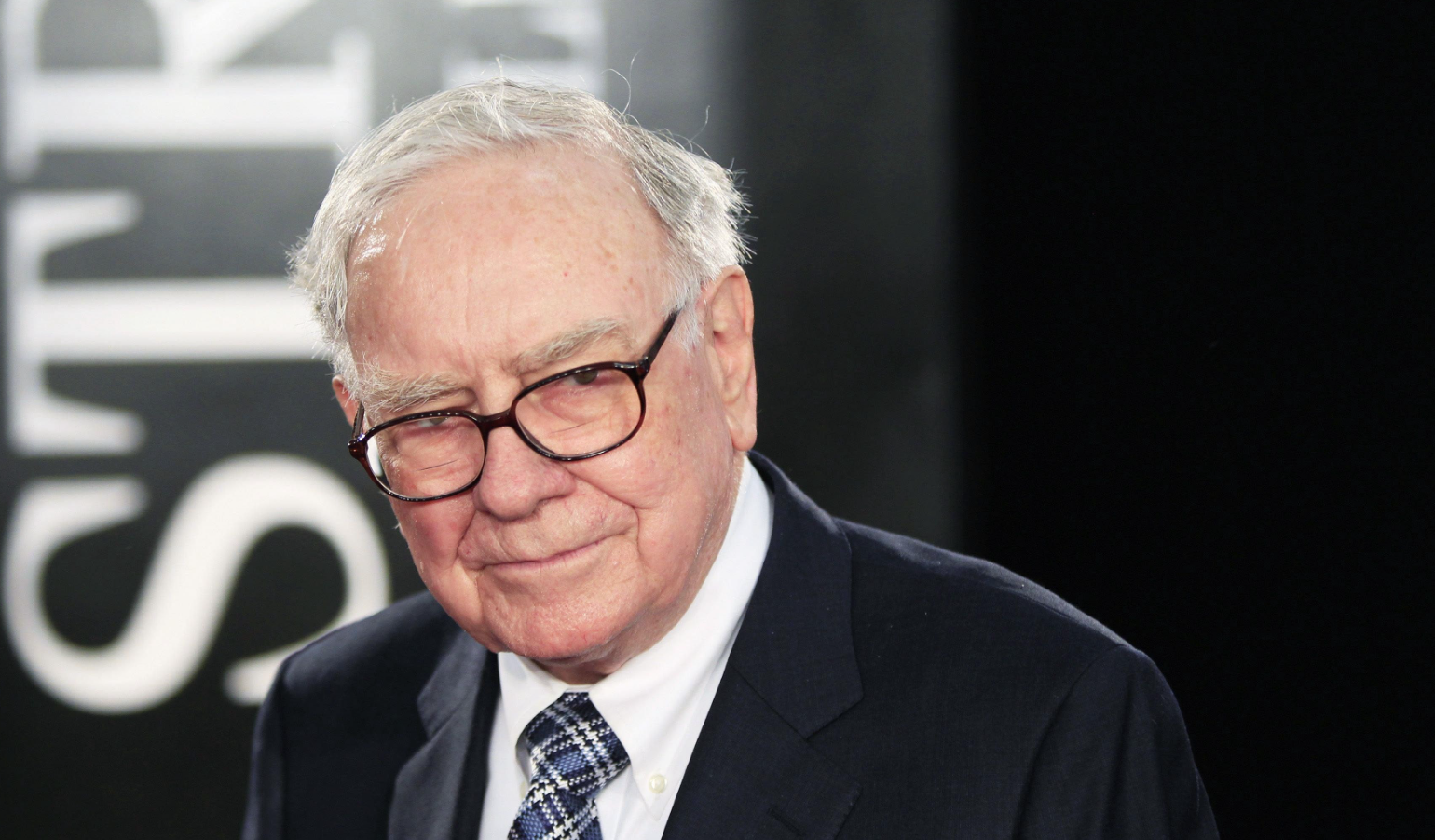Fight! The U.S. banking industry staged a "war for deposits" Buffett "bet" into the heat.
Since the bankruptcy crisis of Silicon Valley banks and signature banks triggered the U.S. banking crisis, the skies of the U.S. economy always seem to be clouded。It now appears that the storm may be far from over。
Since the bankruptcy crisis of Silicon Valley banks and signature banks triggered the U.S. banking crisis, the skies of the U.S. economy always seem to be clouded。It now appears that the storm may be far from over。
U.S. Stages Deposit "Great Escape" Gains and Security Biggest Considerations
On Tuesday, three large and medium-sized U.S. banks were the first to report first-quarter earnings。Among them, Schwab Wealth Management, State Street and Producer Bank together suffered nearly $60 billion in bank outflows in the first quarter.。Data show that in the first quarter of 2023, Schwab lost $41 billion in deposits, State Street lost $11.8 billion, and producer banks lost $4.4 billion.。
At a time when the banking crisis is still in doubt, such a performance clearly raises concerns about the U.S. financial environment, especially as dozens of regional banks are due to report their first-quarter results, and the market is not sure if there will be more bad news in the future.。
Among the three banks, State Street is one of the largest custodian banks in the United States, after bank executives had predicted in early March that net interest income was expected to be essentially flat in the first quarter, but the data showed that the bank's net interest income fell 3 percent in the quarter from the fourth quarter of last year.。To add insult to injury, the bank said after the results that there could be another $4 billion to $5 billion of interest-free deposit outflows in the second quarter。

In the face of overwhelming deposit outflows, there is a view that it is because customers are shifting funds in search of higher returns。
On Tuesday, Bank of America, the largest U.S. bank by assets, also disclosed its quarterly report.。Bank of America's total first-quarter deposits also fell 1 percent to 1 percent, the data showed..91 trillion dollars。For the reason for the decline in deposits, Bank of America attributed it to "cash transfers to money market funds by customers dissatisfied with existing deposit rates."。In addition, for its "moderate" deposit size decline, some analysts pointed out that it was because the Silicon Valley banking storm shook the U.S. financial industry and exacerbated recession fears, causing "panicked depositors to move their cash to larger institutions."。
From this point of view, on the one hand, the big banks in the United States in the U.S. banking storm has really been hit, affecting the size of their deposits;。
In addition to returns, the "safety" of deposits seems to be an important consideration for U.S. depositors.。
Take Arlines Western Bank, for example, which last night announced in an announcement that it had increased its savings deposits by $2 billion since the end of the first quarter, while the Federal Deposit Insurance Corporation (FDIC) increased its coverage of its deposits to 73%.。Boosted by the news, Arlines was up more than 17% in after-hours trading。
It's worth noting that the bank's stock has not been favored by investors this year, with the share price down more than 45% from the beginning of the year.。

According to the disclosure data, the bank's first-quarter earnings and deposit and loan size declined from the previous quarter, but its loan size increased from the previous year.。Some analysts have pointed out that the rise in the size of loans and the increase in FDIC coverage means that Alains, as a medium-sized bank, is gradually weakening the risk of depositors' funds escaping and gradually getting rid of its dependence on depositors' funds at sensitive times.。
The battle for deposits started and Apple was "taking advantage of the fire" at this time.?
Using the Fed's interest rate hike dividend to increase the size of lending while expanding FDIC coverage may be a new direction for the U.S. banking industry to deal with the deposit escape crisis。However, this situation is slowly changing, most notably in the form of further tightening of credit conditions for U.S. financial institutions。
On April 10, according to a survey released by the National Alliance of Independent Business (NFIB), 9 percent of small business owners who borrow frequently find financing more difficult than it was three months ago, the highest since December 2012.。9% of respondents expect tougher credit conditions in the next three months, the highest level in 10 years。
In a statement, NFIB chief economist Bill Dunkelberg said: "Small business owners are skeptical about future economic conditions.。There is serious uncertainty about the future, and the most pressing issue is the fear that the banking crisis may continue.。"
On April 18, a new survey of global fund managers by Bank of America showed that investors' allocations to equities relative to bonds have fallen to their lowest levels since the last global financial crisis, mainly due to heightened investor fears of a credit crunch and a global recession.。
Media say this is because customers are shifting funds in search of higher returns, overlaid with last month's Silicon Valley banking storm plus accelerated deposit flight。In fact, since the Fed first began raising interest rates last March, customers have withdrawn about $800 billion in deposits from U.S. commercial banks.。
In the current environment, the tightening of loan conditions, bank loan expansion to increase the difficulty of income generation, if you want to keep the scale of existing funds, blocking the risk of external escape of savings, a "deposit battle" is inevitable.。
Some small and medium-sized banks have reportedly raised interest rates paid to depositors, with the biggest increases being those with a larger percentage of customers over the $250,000 federal deposit insurance cap, or banks with customers concentrated in a few industries.。Among them, Los Angeles-based Western Pacific United Bank, which has a large number of start-up clients, has offered up to 5% in recent weeks for a shorter-term time certificate of deposit..5% interest rate, while the yield on time certificates of deposit offered by Indiana Commercial Bank, another regional bank, is as high as 5.4%, which could be higher if the Fed's benchmark interest rate continues to rise。
According to an index created by Deposits online LLC, the average yield on online savings accounts rose to about 3 percent in March..75%, compared to 0 a year ago.5%。The average annual yield on online one-year time certificates of deposit is close to 4.75%, up sharply from less than 1% in 2022。
In the face of the "battle for deposits," the banks are not to be outdone, public data show that Citigroup's interest-bearing deposit rate in the first quarter of the United States was 2.72%, up from 2 at the end of 2022.1%; JPMorgan is 1.85%, higher than 1 in the same period last year.37%; while Wells Fargo is 1.22%, up from 0% in the same period last year..7%。
Interestingly, in the midst of the chaos, even Apple, which has always been dominated by the technology industry, has come to join in the fun.。On Monday, Apple announced that its Apple Card savings account, which it had previously promised to launch in conjunction with Goldman Sachs, was finally officially launched.。According to Apple's official website, the account has an annual return of up to 4.15%。And Apple also said that the current annualized yield is more than 10 times the national average in the United States.。This means that the already overwhelmed small and medium-sized banks will once again have to face the problem of losing depositors.。
In response, BlackRock Inc. (BlackRock Inc.) CEO Larry·FinkAlso predicted last week that cash will continue to flow out of traditional bank accounts under these pressures。
In fact, what worries the financial community is not only the incident of the tech giant entering the savings market at such a sensitive time, but whether there will be more other industry leaders after this incident, aiming at this cake at a time when the banking industry is so fragile, and then "taking advantage of the fire."。

The "million-dollar" dispute has entered a white-hot phase as the bad news raids one after another.
In addition to tighter credit conditions, the financial health of the U.S. banking sector is not optimistic.。
A recent study by Stanford University, the University of Southern California, Columbia University and Northwestern University shows that the U.S. banking crisis is still likely to erupt widely。Studies have shown that aggressive rate hikes by the Federal Reserve to combat high inflation have somewhat weakened the value of government bonds in the hands of these banks, leading to a deterioration in the financial condition of many banks。
And when the researchers looked at bank asset data disclosed by federal regulators in 2022, they found that hundreds of banks' balance sheets had deteriorated to varying degrees as a result of the Fed's rapid rate hikes。
Seru, an economist at Stanford Business School, said large financial institutions are unlikely to quickly fill the lending vacuum in these communities if small banks fail.。He also said the government should require these banks to raise more funds to shore up their balance sheets at an early date to mitigate potential risks.。
At this moment, the bad news came again.。
On the evening of April 18, Brad, known as the Fed's "Eagle King," said he agreed with the view that the tightening cycle may be coming to an end, but called for further increases in terminal interest rates to 5.50% to 5.75% to control inflation。
The Fed's aggressive rate hike cycle has been going on for a year.。Previously, most Fed policymakers believed there would be a final rate hike in May, raising the benchmark interest rate to 5.00% to 5.25%, followed by a pause in the rate hike cycle。Some policymakers and analysts worry that if the terminal rate is raised, the Fed could end up sending the economy into a recession.。
Buffett has said more U.S. banks may fail in the future, but savers never have to worry。He noted that if necessary, the U.S. government could step in to support all depositors in all U.S. banks, willing to bet "millions of dollars" on the safety of depositors' deposits.。
At present, it seems that this "million dollars" dispute has gradually entered a white-hot stage.。

·Original
Disclaimer: The views in this article are from the original Creator and do not represent the views or position of Hawk Insight. The content of the article is for reference, communication and learning only, and does not constitute investment advice. If it involves copyright issues, please contact us for deletion.